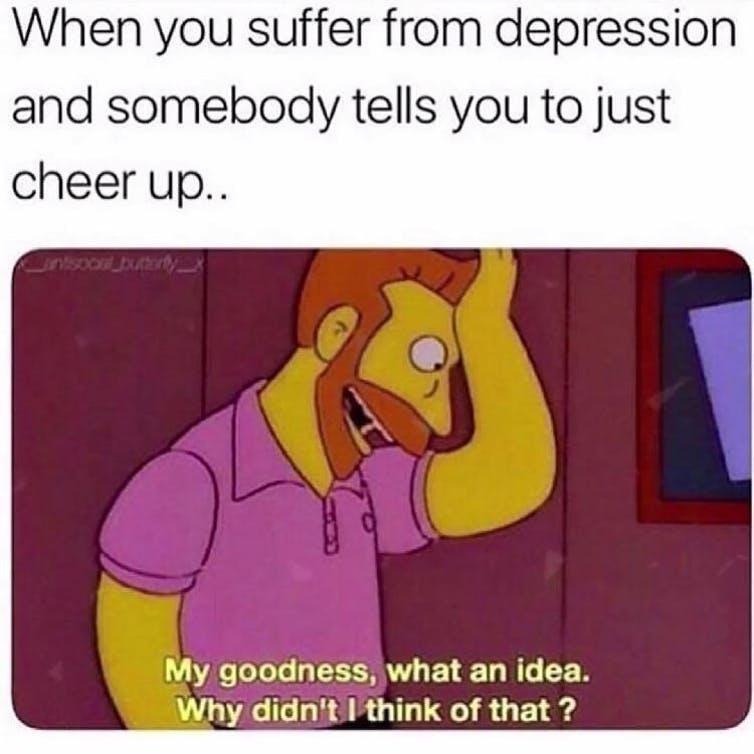Thanks, @JohnnyTruant … I definitely have a sense that I have regained my footing over the past year. I started seeing my therapist in the midst of a painful breakup, and a lot has happened since then.
The therapist has been a huge help, and I am reluctant to give up that resource, as I mentioned. A piece of me remembers the intense loneliness and pain, and doesn’t want to abandon something that helped.
On the other hand, I often talk with her now and find myself struggling for topics. It is a marked shift from the content-dense sessions and emails of not so long ago. I am not in a hurry to make the decision, but in recent sessions I often find the time goes slowly and I am sometimes wanting to be done.
Semi-unrelated, I recently have gotten a window into my ex’s life and some problems and relationship issues they have had. It seems that our breakup fits squarely into their pattern, and that they were never so stable or grounded as I thought. In many ways, this information is reassuring–the problem wasn’t me. I mean, I’m a flawed individual of course but the pattern which played out between us fits ongoing events.
Of course, this is in some ways just as confusing–I overlooked so many red flags, and allowed myself to be mis-treated. It really feels like I was in a cult of 1. And because this person is actuallty a kind of spiritual teacher or resource, it makes sense.
So, that remains the piece I can’t quite figure out. Or am uncomfortable with. What got triggered, early in the relationship, to make me so oblivious to what was happening? To give up agency, in a way. To commit to someone who did not return that? And why, once I knew I was being treated poorly, did I struggle to end things?
I experienced some things with my ex that were new to me, and I gave them a lot of weight and significance. My ex didn’t give them meaning, having had more of these experiences before. So, maybe that’s part of it.
